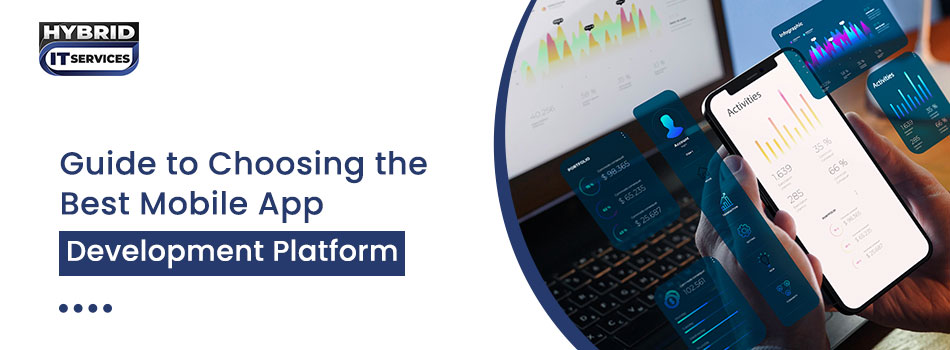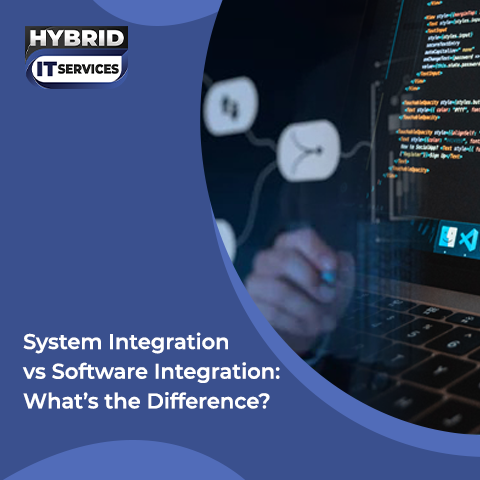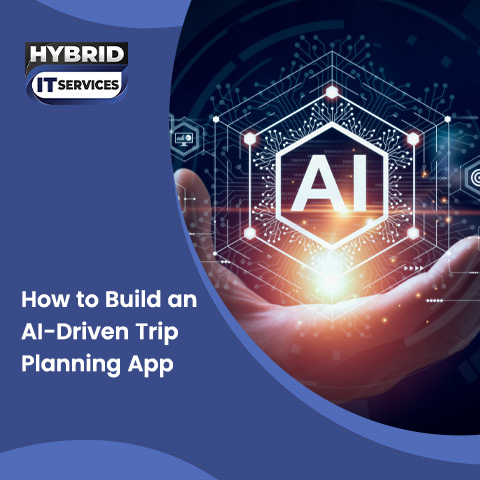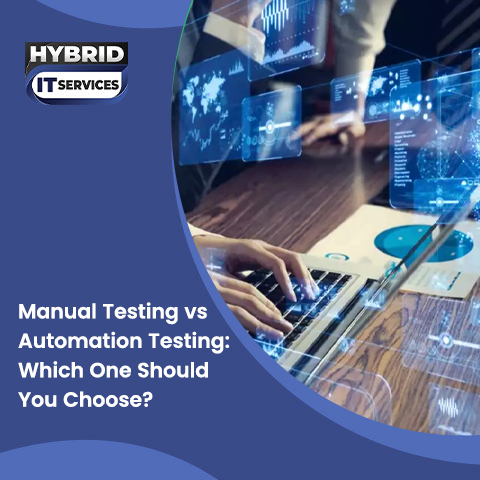Mobile applications are integral to business success. They not only enhance customer engagement but also streamline operations and provide new revenue streams. However, creating a successful mobile app starts with choosing the right development platform. With a myriad of options available, each boasting different features and capabilities, making the right choice can be daunting.
What is a Mobile Development Platform?
A mobile development platform is a suite of tools and technologies that developers use to create, test, and deploy mobile applications. These platforms offer a range of functionalities, from integrated development environments (IDEs) to backend services, middleware, and application programming interfaces (APIs). Essentially, a mobile development platform provides the necessary infrastructure to streamline the app development process, making it more efficient and scalable.
Key Features of Mobile App Development Platforms
Integrated Development Environment (IDE)
An IDE is a crucial component of a mobile development platform. It provides a comprehensive environment that includes code editors, debuggers, and build automation tools. IDEs such as Android Studio, Xcode, and Visual Studio are popular choices. They offer features like code completion, syntax highlighting, and error detection, which significantly enhance productivity and code quality.
Cross-Platform Development Capabilities
With a diverse range of devices and operating systems, developing apps for multiple platforms is essential. Cross-platform development tools like React Native, Flutter, and Xamarin allow developers to write code once and deploy it across various platforms, including iOS, Android, and Windows. This not only saves time and effort but also ensures consistency in user experience.
Backend Services
Mobile apps often require backend services for data storage, authentication, and server-side logic. Many mobile development platforms provide integrated backend services, also known as Backend-as-a-Service (BaaS). Services like Firebase, AWS Amplify, and Microsoft Azure offer scalable backend solutions that handle tasks such as user authentication, database management, and cloud storage, enabling developers to focus more on front-end development. Many mobile app development companies prefer using these platforms for their ease of integration and scalability.
User Interface (UI) Design Tools
An engaging and intuitive user interface is vital for the success of any mobile app. Mobile development platforms often include UI design tools that allow developers to create visually appealing and user-friendly interfaces. Tools like Sketch, Adobe XD, and Figma provide features such as drag-and-drop design elements, prototyping, and collaboration capabilities, making the design process more efficient.
You May Also Read: How to Create a Compelling UI Design for Your Mobile App?
Testing and Debugging Tools
Ensuring the quality and reliability of your app requires robust testing and debugging tools. Mobile development platforms offer various testing frameworks and tools that enable developers to perform unit tests, integration tests, and UI tests. Tools like Appium, Espresso, and XCTest help identify and fix bugs, ensuring that the app performs well across different devices and scenarios.
Analytics and Performance Monitoring
Understanding how users interact with your app and monitoring its performance is crucial for continuous improvement. Many mobile development platforms include analytics and performance monitoring tools that provide insights into user behaviour, app crashes, and performance metrics. Services like Google Analytics, Firebase Crashlytics, and New Relic help developers make data-driven decisions to enhance user experience and app performance.
You May Also Read: Custom Mobile App Development: The Ultimate Guide
Future-Proofing Your Mobile App Development Strategy
As technology evolves, so do user expectations and market trends. Future-proofing your mobile app development strategy involves adopting practices and technologies that ensure your app remains relevant and competitive. Here are some strategies to consider:
Stay Updated with Trends:
Keep abreast of the latest trends in mobile technology, such as artificial intelligence (AI), augmented reality (AR), and the Internet of Things (IoT). Integrating these technologies can enhance your app's functionality and user experience.
Embrace Agile Development:
Agile methodologies allow for iterative development and continuous improvement. By adopting agile practices, you can quickly adapt to changing requirements and market conditions, ensuring your app stays relevant.
Invest in Scalable Infrastructure:
Choose a development platform that offers scalable backend services. This will allow your app to handle increased traffic and data as your user base grows, without compromising performance.
Focus on Security:
As cyber threats become more sophisticated, ensuring the security of your app and user data is paramount. Implement robust security measures such as encryption, secure authentication, and regular security audits.
Plan for Regular Updates:
Regular updates are essential to fix bugs, add new features, and improve performance. Plan a maintenance schedule to ensure your app remains up-to-date and continues to meet user expectations.
You May Also Read: How Mobile App Development Services Improve User Engagement and Retention
Conclusion
Selecting the right mobile app development platform is a critical decision that can significantly impact the success of your app. By understanding the key features of different platforms and adopting a future-proof development strategy, you can create a robust, scalable, and user-friendly app that stands the test of time. Remember, the right platform not only simplifies the development process but also provides the tools and services needed to deliver a high-quality app that meets the needs of your users.






